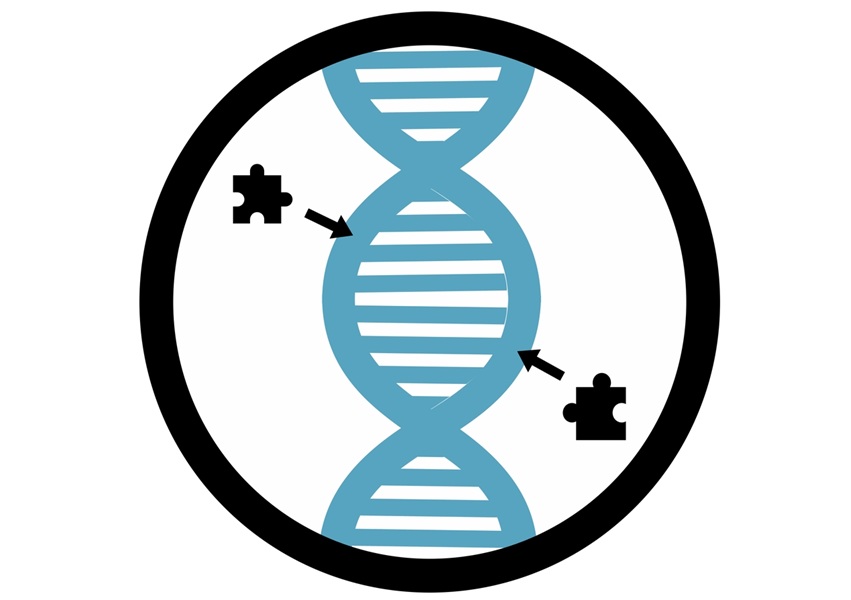Molecular Diagnostic Profile Discovered for Prostate Cancer
By LabMedica International staff writers
Posted on 14 Aug 2008
A molecular diagnostic profile discovered for prostate cancer is based on a unique combination of four genes. Posted on 14 Aug 2008
Called the Clarient (Aliso Viejo, CA, USA), Insight Dx Prostate Cancer Profile, it was discovered by Health Discovery Corporation (HDC; Savannah, GA, USA) using their support vector machine (SVM) and SVM-recursive feature elimination (RFE) pattern recognition technology.
The profile was evaluated as a test for prostate cancer. Results from Phase I, Phase II and Phase III double-blinded clinical validation studies on prostate tissues obtained from multiple sites demonstrated an excellent success rate for the test for identifying the presence of Grade 3 or higher prostate cancer cells (clinically significant cancer), as well as normal and benign prostatic hyperplasia (BPH) cells.
In the United States alone, there are over 1 million prostate cancer tissue biopsy procedures performed annually. Approximately 25% of these tissue biopsies are reported "positive” indicating the presence of prostate cancer. The other 75% of prostate cancer tissue biopsies are reported as "negative” for the presence of cancer. However, one-third of the men with initial prostate cancer tissue biopsies that are reported as "negative” for prostate cancer actually do have prostate cancer that was missed by the first biopsy.
Dr. Herbert Fritsche, professor of laboratory medicine and chief of the clinical chemistry section at The University of Texas, M.D. Anderson Cancer Center in Houston, (TX, USA ) said, "The positive results seen in Phase I, Phase II, and Phase III double-blinded clinical studies appear to validate the scientific accuracy of this gene-based molecular diagnostic test for prostate cancer. Physicians who are diagnosing and treating prostate cancer patients should be greatly assisted by the additional information that this new prostate cancer test may add to their decision making process.”
Related Links:
Health Discovery Corporation
MD Anderson Cancer Center of the University of Texas
Clarient













